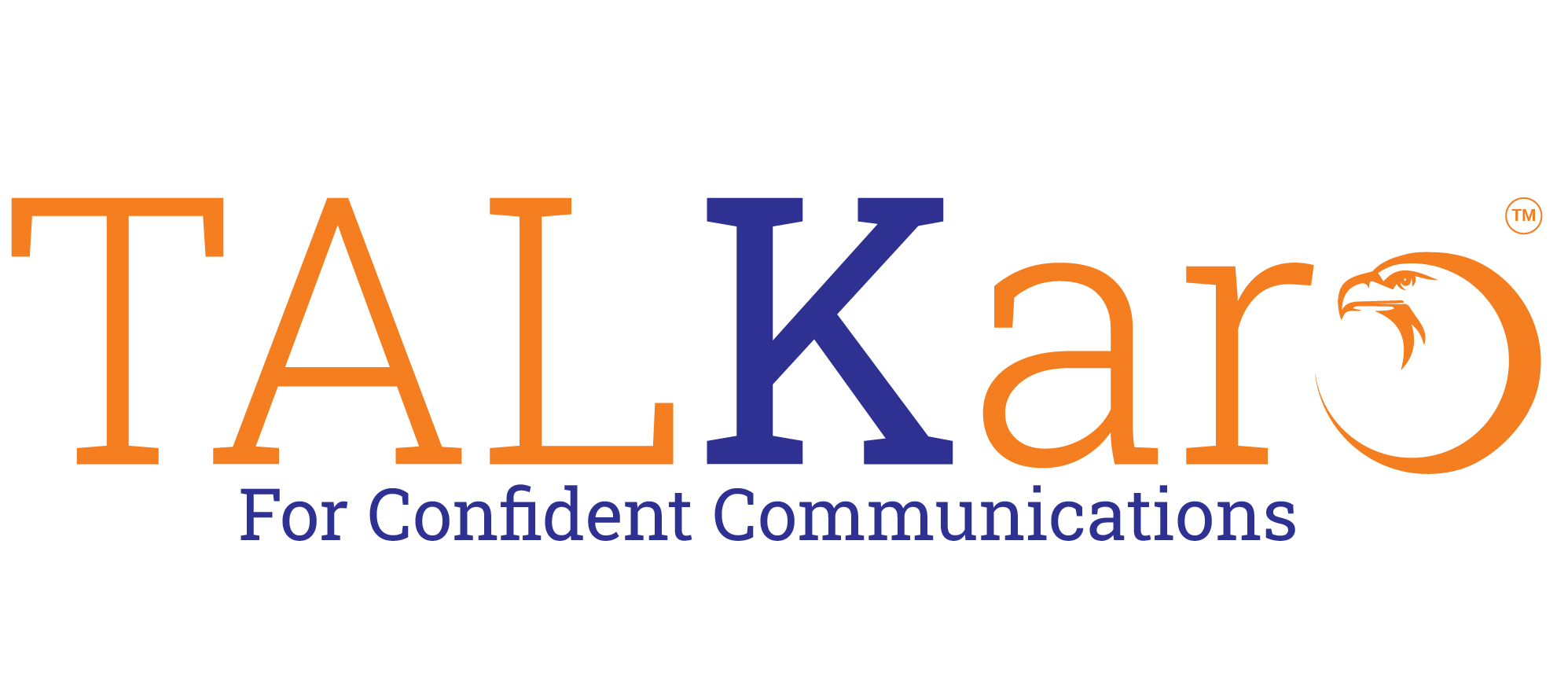
Do you often hear parents complain, “My child doesn’t speak much”?
While it’s common for children to have various concerns, a child’s limited communication skill by the age of five isn’t worth overlooking. Early childhood is critical for brain development, so let’s explore some factors that might be contributing to your child not speaking clearly.
Excessive Screen Time and Gadget Addiction:
Research has compared one hour of screen time to one gram of cocaine addiction. It’s a startling comparison, but it brings to forefront, the perils of gadget addiction. If your child isn’t speaking clearly, excessive screen time might be the reason.
Nuclear Family Dynamics:
In today’s world, nuclear families are becoming increasingly prevalent. With both parents working full-time, there’s often limited room for a child’s oral interaction. This can hinder the development of communication skills, leading to complaints like, “My child doesn’t speak to others.”
Limited Interaction with Peers:
Children learn a great deal from their peers, especially those of the same age. Insufficient exposure to peers can affect language and social skill development. This deficiency in auditory stimulation can result in your child’s reluctance to speak in school.
Medical Factors:
Ignoring early signs of language learning disabilities is unwise. Seeking medical verification can expedite necessary interventions and ensure early treatment if at all required.
Language Barrier:
When a child’s first language differs from the common language spoken in their external environment, it can lead to initial inhibition. However, children under the age of five are like sponges, absorbing everything from their surroundings. Initial difficulties often give way to language acquisition.
Solution: Reading Aloud and Encouraging Conversation
Reading aloud is a powerful tool for promoting brain development, as it engages different brain circuits than silent reading. Contrary to conventional wisdom, encouraging children to read and talk aloud is beneficial for their cognitive growth.
In conclusion, understanding the reasons why your child does not speak clearly is the first step toward helping them overcome it. Whether it’s limiting screen time, fostering peer interactions, or seeking medical guidance, addressing the issue early can pave the way for your child’s confident development. Besides this you can also allow them to join public speaking classes where they learn to pick up the techniques of talking to people fluently and confidently.

